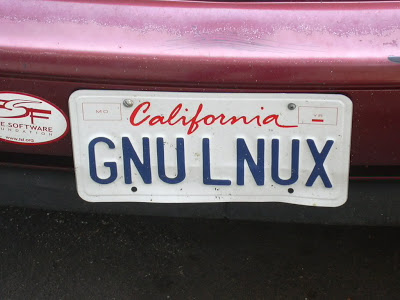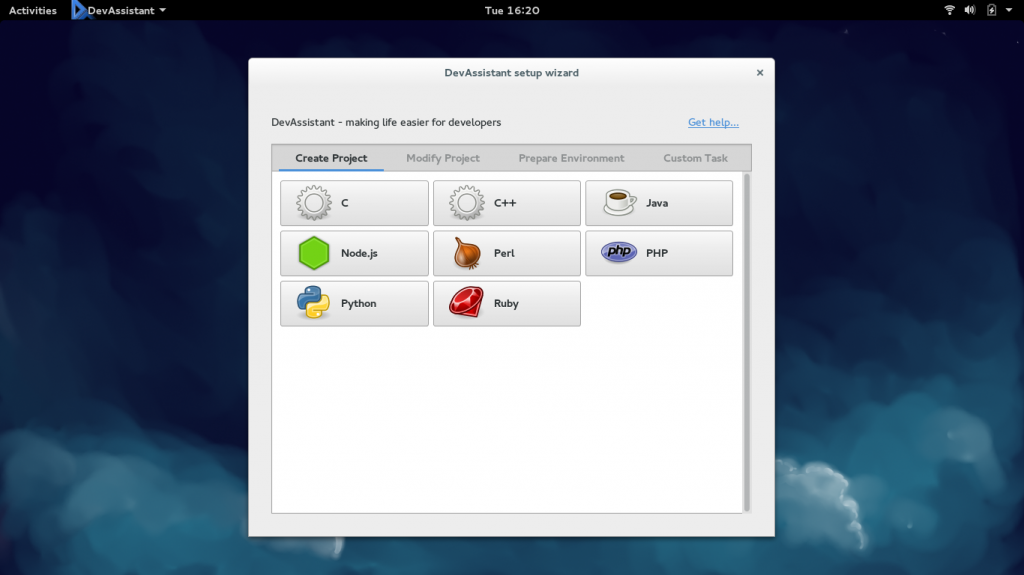Linux’s got Netflix. No fuss, no muss, easy-peasy Netflix, straight out-of-the-box.
It wasn’t so long ago that common knowledge dictated that the reason GNU/Linux wasn’t getting traction was software, namely MS Office and Photoshop. Those days are long gone. Office is now pretty much irrevelant, with many if not most home users (at least the people I know) opting for Open Office or LibreOffice. Meanwhile, Photoshop’s moved to the cloud and although it still won’t work on Linux, many graphic artists are finding that GIMP is robust enough to tackle nearly everything thrown at it.

So that should be it, right? Wrong.
Unfortunately (or fortunately, depending on how you look at it), a paradigm shift in home computing has occurred during the past seven years. These days, computers are as much about entertainment as they are about word processing, spreadsheets and the like. At the center of the computer-as-entertainment-device revolution is our favorite old DVD rental company Netflix, which offers more streaming moving image titles that you can shake a stick at — if shaking sticks at movie titles happens to be your thing — with unlimited streaming costing as little as eight bucks a month.
Christine Hall has been a journalist since 1971. In 2001, she began writing a weekly consumer computer column and started covering Linux and FOSS in 2002 after making the switch to GNU/Linux. Follow her on Twitter: @BrideOfLinux






 Patches are available to fix the bash vulnerability known as Shellshock, along with three additional security issues recently found in the bash shell. The patches are available for all major Linux distros as well as for Solaris, with the patches being distributed through the various distros.
Patches are available to fix the bash vulnerability known as Shellshock, along with three additional security issues recently found in the bash shell. The patches are available for all major Linux distros as well as for Solaris, with the patches being distributed through the various distros.

 In a PR piece posted on Tuesday,
In a PR piece posted on Tuesday, 